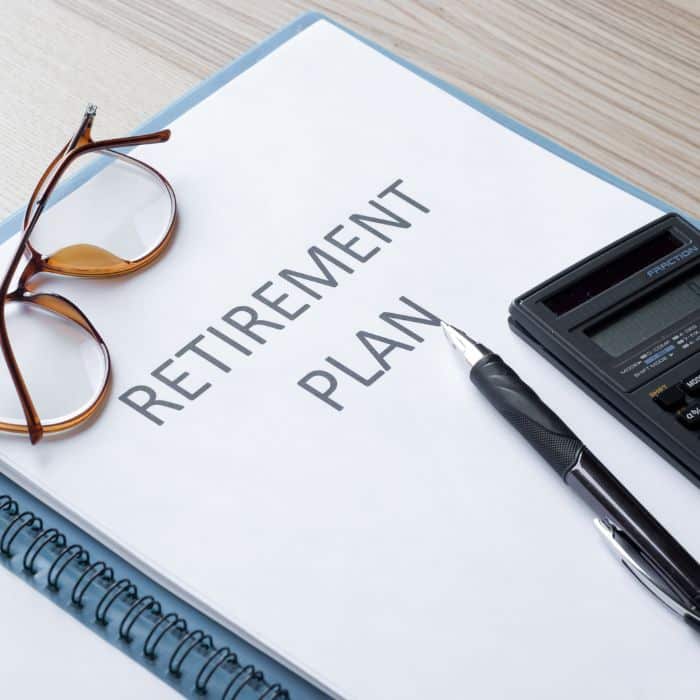Are you considering bankruptcy? You must understand how filing bankruptcy may affect your finances. Will you be able to keep the funds you’ve saved for retirement? Typically, existing retirement savings are protected from bankruptcy. However, there are a few limits and exceptions.
Based on your employer’s policies and which type of bankruptcy you file, bankruptcy could also affect your ability to contribute more money to your retirement plan.
In this article, you’ll learn how declaring bankruptcy may affect your retirement account and other savings accounts.
Let’s dive in.

How Bankruptcy Affects Existing Retirement Savings
Your retirement funds are protected when you file for Chapter 7 bankruptcy, even though you give up property. The same applies to Chapter 13 bankruptcy; your retirement accounts’ balance is safe and won’t compromise the amount you owe in your repayment plan.
But it’s worth noting that withdrawn retirement benefits aren’t exempt from creditors since benefits are paid as income. When you file for a Chapter 7 bankruptcy, this could impact the Chapter 7 means test qualification, since your monthly retirement benefit or pension payments will be considered. Although whatever you require for support won’t be taken, the bankruptcy court may take funds exceeding that limit. In a Chapter 13 bankruptcy, the portion of your unsecured debts that you should repay will depend on your retirement income.
IRAs
Quite similar to 401(k) plans, IRAs are typically set up and managed by an individual (you) rather than by your employer. Since IRAs aren’t required to abide by ERISA rules, they’re different from ERISA-qualified plans since they aren’t secured by the same unlimited federal bankruptcy exemption. However, there are exceptions. Some Simple IRAs are eligible for ERISA protections. If you also roll an ERISA-qualified account, such as a 401(k), into an IRA, then the account may still be eligible for the ERISA exemption.
Social Security Benefits
When it comes to retirement, most Americans depend on Social Security income instead of a retirement savings account. The federal non-bankruptcy exemptions fully protect Social Security benefits. To qualify for the exemption, you should use your Social Security income as a retirement savings account. Simply put, you should ensure to keep your Social Security benefits in a separate account from the rest of your finances. Otherwise, you might not claim the exemption.
Other Savings Accounts
Generally, most of your retirement funds like 401ks and other retirement accounts are usually protected from creditors and inaccessible by a bankruptcy trustee. Because federal bankruptcy laws protect these finances, it’s not advisable to cash in your retirement accounts to settle your debts.
Under Chapter 7 bankruptcy, many retirement accounts are considered exemptions under the Bankruptcy Code. In other words, these accounts can’t be liquidated to pay off your creditors. But in a Chapter 13 bankruptcy, your assets are never taken from you. Your income determines the monthly repayment plan amount. And your retirement savings are part of this amount if you’d like them to be.
Erlanger, KY Bankruptcy Law Firm
If you choose to file bankruptcy, a reputable bankruptcy attorney can help with your case to consider the ideal options. W. Ron Adams Law is always available when you need retirement help. Call their firm at (859) 727-1000, or leave a message at (859) 209-6266 to arrange a free consultation.






